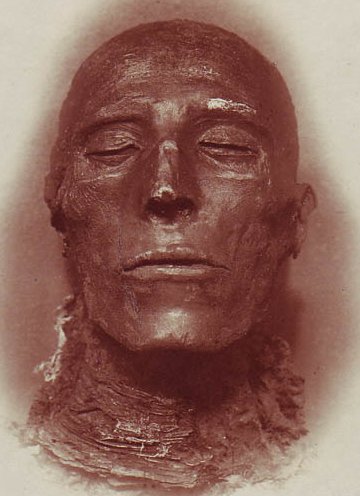
Mary Shelley’s Frankenstein: or, The Modern Prometheus is a remarkable work. The book had its origin as a ghost story concocted during a weekend gathering of the literati on Lake Geneva. It became the modern myth best reflecting the ethical and moral issues that arise when technology consistently outpaces its maker’s ability to reconcile progress with the established strictures of society. It remains a classic cautionary tale that has lost none of its relevance nearly 200 years since its publication. Despite this fact, it is an intensely personal story with strong autobiographical touches.
Mary Wollstonecraft Godwin was born in the late eighteenth century to outspoken liberal political theorist William Godwin and pioneering feminist Mary Wollstonecraft. Her mother died of complications giving birth to Mary. She grew up revering her parents’ work and was encouraged by it to ceaselessly question authority in any form. At age 16, Mary began an affair with one of her father’s most ardent followers, the poet Percy Bysshe Shelley who was five years her senior and married with small children.
Percy left his wife and family to travel the continent with Mary and her stepsister, Claire. He enjoyed affairs with both young women. Their unconventional living arrangement engendered much public outrage and ostracism wherever they went. Mary became pregnant with Percy’s child, but the little girl died shortly after birth. Mary’s father, who had criticized the institution of marriage in his writings, inexplicably turned his back on his unwed daughter for her licentious behavior.
TO CONTINUE READING THIS POST, PLEASE VISIT HERE.


.jpg)
No comments:
Post a Comment